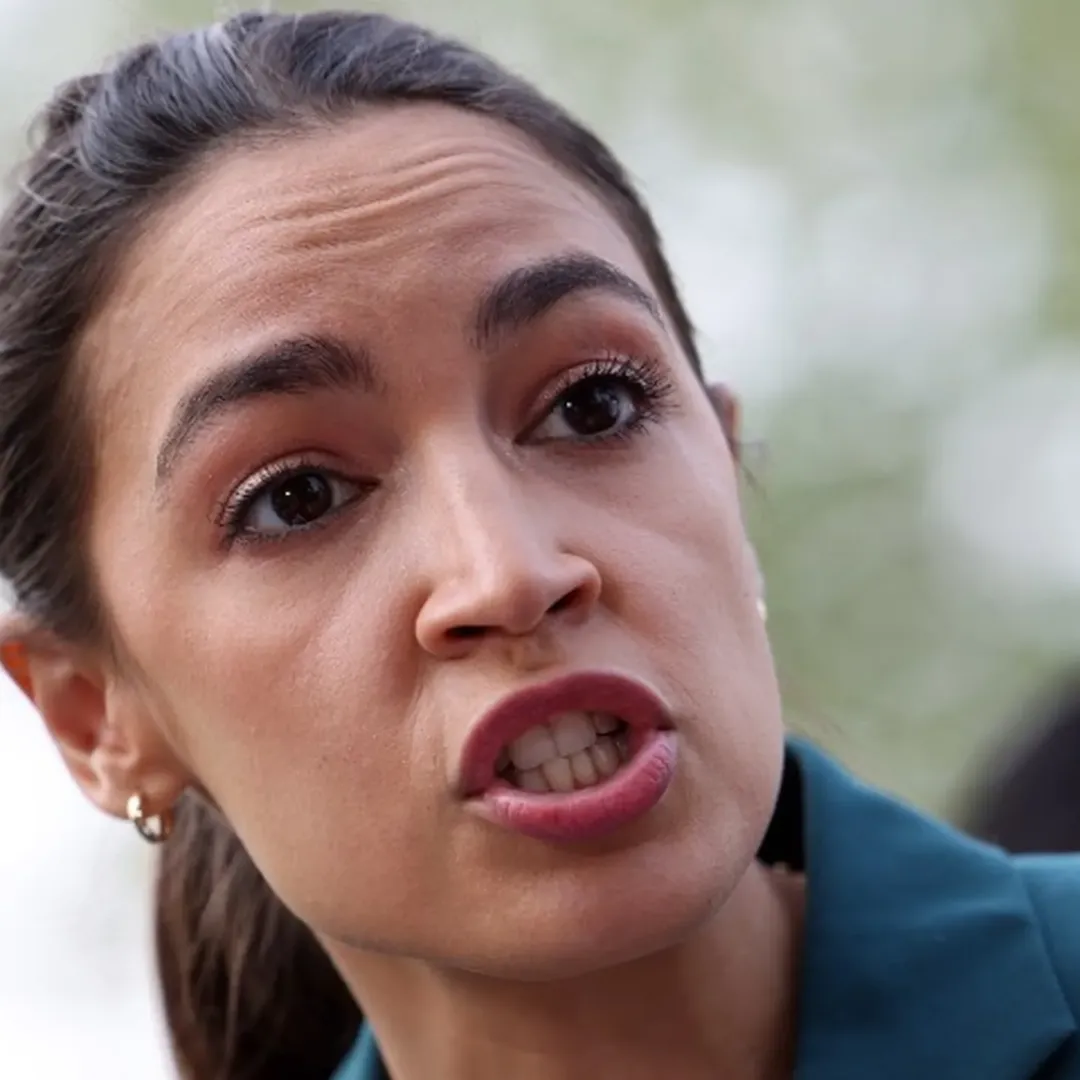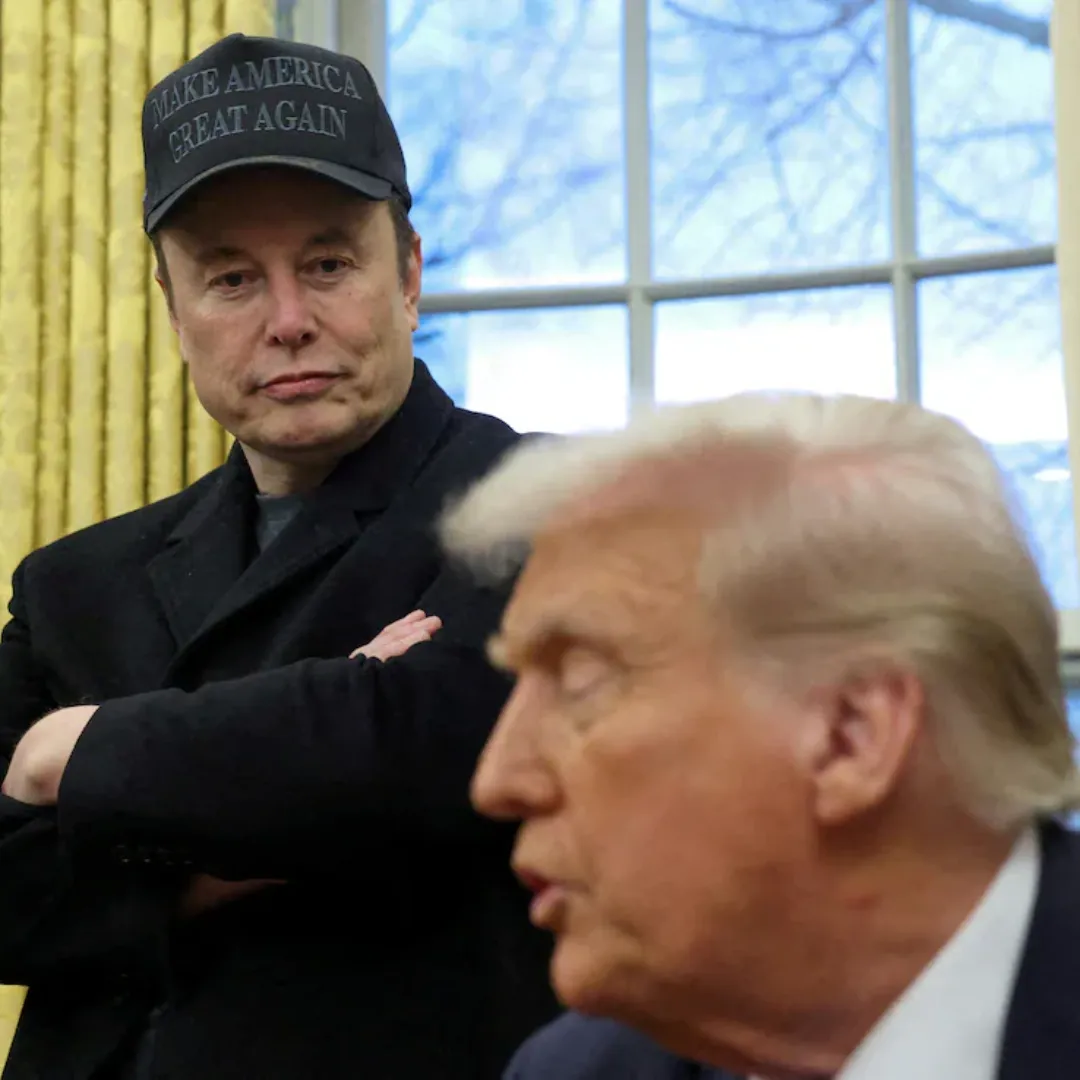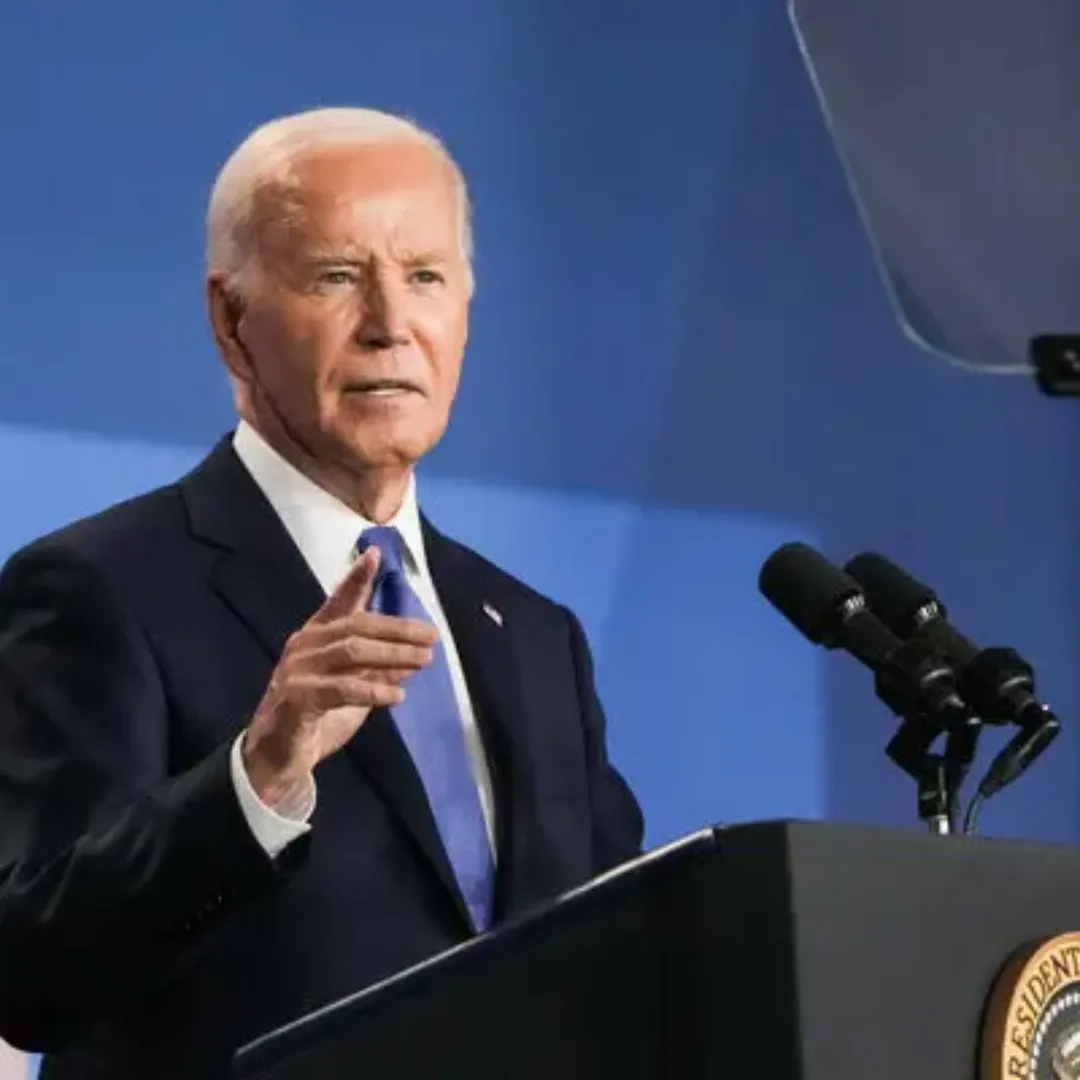House Republicans on Monday unveiled a sweeping proposal to allocate up to $5 billion annually in taxpayer-funded scholarships to help families send their children to private and religious schools, marking the most ambitious federal effort yet to channel public money into private education.
The measure, included in a newly released budget reconciliation bill, would advance President Trump’s long-promised vision of “universal school choice” by offering families across the country an alternative to local public schools, which have come under increasing strain due to budget cuts and declining resources.
Nearly all American households would be eligible for the program, with the exception of those earning more than three times the median income in their area. Supporters say the proposal will give parents the freedom to choose the educational environment that best fits their children’s needs, especially those trapped in underperforming public school districts.
Republican Senator Bill Cassidy of Louisiana, who introduced a similar measure in the Senate, framed the initiative as a path toward achieving the American Dream by empowering families through educational options. The program would be financed by private donors who could contribute either cash or stocks in exchange for a full tax credit, effectively allowing them to eliminate any tax liability tied to their donation while also avoiding capital gains taxes on donated securities.
Critics say this mechanism would create a powerful new tax shelter for wealthy individuals and corporations, enabling them to redirect public money toward private institutions under the guise of philanthropy. Opponents of the plan warn that it would further weaken the nation’s public school systems, which continue to serve the overwhelming majority of K-12 students and are already under immense financial pressure.
With the Trump administration proposing sharp reductions to the Education Department’s budget — including slashing $1 billion in funding for school-based mental health programs and teacher training — public education advocates argue that this latest voucher proposal would accelerate the privatization of education while draining critical resources from schools that are already struggling.
Sasha Pudelski, director of advocacy at AASA, the School Superintendents Association, described the plan as a serious threat to the integrity and sustainability of public education. She pointed to the history of voucher programs in several states, where public funds have flowed to families that were already paying for private school tuition, resulting in what she called rampant waste, fraud, and abuse.
Pudelski warned that expanding such programs nationwide would exacerbate inequalities, reduce oversight, and fail to deliver academic improvement for the majority of students.
She added that in states where voucher and tax-credit programs have taken root, the results have often included declining public school enrollment, reduced per-pupil funding, and a growing disparity between wealthy families who can afford to supplement their children’s education and lower-income families left behind in underfunded public systems.
The proposal comes on the heels of similar moves in several Republican-led states. Texas recently passed a $1 billion tax-credit scholarship program, adding to a growing list of red-leaning states that have embraced school choice initiatives.
These programs typically offer tax breaks to donors who contribute to scholarship funds, which are then used to help families pay private school tuition.
While supporters argue these policies promote educational innovation and empower parents, data from multiple states suggest that the majority of students benefiting from such programs were already enrolled in private schools, raising serious questions about whether they are achieving their stated goal of helping disadvantaged children escape failing schools.
In many cases, public school districts have been left with fewer resources to educate students who remain, further compounding existing funding gaps and inequities. Education policy experts warn that the cumulative effect of these programs is to erode public trust in traditional schools, defund essential services, and replace accountability with fragmented oversight that makes it difficult to track how taxpayer dollars are being used.
Under the House Republicans’ proposal, contributions made by donors to scholarship-granting organizations would be treated as 100 percent tax-deductible, allowing corporations and high-income individuals to effectively recoup every dollar they contribute while bypassing capital gains taxes on donated stock.
Critics say this structure is ripe for abuse and could result in wealthy donors profiting financially while claiming to be aiding underprivileged families. Unlike direct appropriations to public schools, which are subject to strict budgeting rules and oversight, the proposed voucher plan would operate through private intermediaries with limited transparency.
This has alarmed watchdog groups and public education advocates who say that without rigorous monitoring and auditing mechanisms, the program could quickly become a conduit for waste and misuse of federal funds. The concern is not hypothetical.
Investigations in states like Arizona and Florida have uncovered cases of scholarship funds being diverted to unaccredited schools, religious institutions that fail to meet state standards, and even schools operated by individuals with criminal records or no teaching credentials.
Supporters of the plan insist the voucher system will be carefully regulated and that it offers a lifeline to parents desperate for better options. They argue that competition will incentivize public schools to improve and that families should not be forced to accept failing schools simply because of their zip code.
But opponents counter that injecting competition into education without adequate safeguards risks transforming a public good into a market-driven commodity that prioritizes profit over pedagogy.
They also point out that many private schools receiving voucher funds are not subject to the same nondiscrimination laws and accountability standards as public schools, allowing them to select students based on religion, disability status, or academic ability.
In some states, voucher-funded schools have been allowed to use curricula that promote religious ideology over scientific consensus, further blurring the line between public support and private agendas.
The debate over this proposal arrives at a moment when America’s public schools are still recovering from the disruptions of the COVID-19 pandemic. Educators and school leaders have warned that staffing shortages, mental health crises, and widening achievement gaps require increased investment in public education, not divestment.
Instead, the Trump administration’s broader agenda includes slashing federal education funding, consolidating oversight, and promoting alternatives to traditional schooling. Critics argue that the $5 billion voucher plan is not an isolated policy but part of a larger ideological push to dismantle the public education system and replace it with a decentralized network of private providers with minimal regulation.

If passed, the proposal would reshape the federal role in education, redirecting massive amounts of funding from public to private hands while reducing government responsibility for ensuring equal access to quality schooling. It would represent a fundamental shift in how education is financed, governed, and delivered in the United States, with long-term consequences that are still poorly understood.
For now, the battle over the $5 billion voucher plan is set to intensify as lawmakers begin debating the reconciliation bill and education advocacy groups prepare to mount a full-scale opposition campaign.
With the future of public education hanging in the balance, the outcome of this legislative fight could help determine whether America remains committed to the principle of universal public schooling or embraces a new model driven by market incentives and private choice. What is clear is that this is not just a policy debate — it is a referendum on the nation’s educational priorities.





